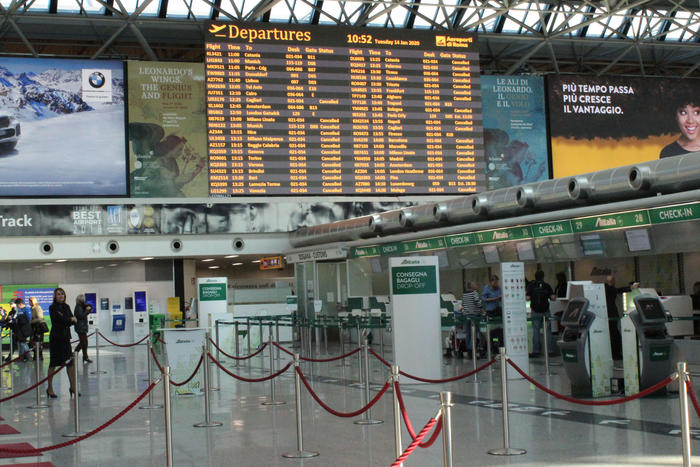[14th Reuters]-Syrian Kurdish forces have agreed to cooperate with the Syrian Assad regime to counter the invasion of the Turkish army, and a dark cloud has fallen into the future of northern Syria.
The US military has recently withdrawn from northern Syria. The Trump administration's sudden change in policy has been criticized for being a betrayal of the Kurdish forces.
The Turkish government has called for a “safe zone” on the Syrian side to relocate millions of Syrian refugees living in the country. Its purpose is to serve as a buffer zone for the Kurdish militia organization “People's Defense Forces” (YPG), which Turkey sees as a security threat.
In Turkey, Syria, Iraq and Iran, many Kurds lived as ethnic minorities and have been repressed for decades. Kurds in each country are seeking autonomy, to varying degrees.
The situation of Kurds in each country is summarized.
◎ History
The Kurds are mainly Islamic Sunni, speak Persian languages, and mainly live in mountainous areas across the borders of Armenia, Iraq, Iran, Syria and Turkey.
Kurdish nationalism grew in the late 1890s of the late Ottoman Empire. After the First World War, Kurdish independence was promised by the 1920s Sable Treaty.
But three years later, Turkey's first president Ataturk abandoned the agreement. According to the Lausanne Convention, ratified in 24, the Kurds were divided into new countries in the Middle East.
◎ Syria
Until the outbreak demonstration in 2011, Kurds accounted for 8-10% of the Syrian population.
Under Syrian nationalism, Syria deprived its citizens of thousands of Kurds, banned the use of Kurdish and suppressed political activities.
During the civil war, Assad's army gained the backing of Russia and Iran and focused mainly on the suppression of Sunni dissidents, and the autonomy of the Kurdish forces in the north and east was acquiescing.
While Assad declared that he would recapture the Northeast, he maintained some pipes with the Kurds.
Syrian Kurdish leaders say they want autonomy rather than separation from the country.
YPG expanded its power by cooperating with the US military to overthrow the radical Islamic State (IS). While the US has provided YPG with a security “umbrella”, it has been against YPG autonomy plans.
Due to the civil war, the Kurdish powers became one of the biggest winners and dominated about a quarter of Syria. The dominated area is rich in oil, water resources, farmland, and has its own military and bureaucracy.
However, the U.S. military's decision to withdraw and the cooperation agreement between the Kurds and the Assad regime made the future of the region unclear.
◎ Turkey
Kurds account for about 20% of Turkey's population.
In 1984, the Kurdish Workers Party (PKK) uprised Turkey and demanded autonomy in the southwest. Subsequent armed struggles resulted in over 40,000 deaths.
In 1999, PKK's Ojaran leader was detained and sentenced to death. Turkey was subsequently reduced to life imprisonment because it abolished the death penalty.
President Erdogan lifts restrictions on the use of Kurdish. In 2012, the government talked with Mr. Ojaran, who was in service, but it broke down and the conflict revived.
The United States, the European Union (EU) and Turkey have certified PKK as a terrorist organization.
Turkish troops have frequently attacked the Kurdish area of Iraq near PKK's stronghold.
The Turkish government views YPG as a branch of PKK, and President Erdogan announced that YPG will be destroyed. Invaded the army in northeastern Syria.
◎ Iraq
Kurds account for 15-20% of Iraqi population. The main residence is in the northern three states.
In the 1980s, the Hussein administration attacked the Kurds with chemical weapons, many villages were annihilated, and thousands of Kurds were forced to camp.
Since 1991, the Kurdish region has been semi-autonomous and has its own government and military, but the budget relies on the Iraqi central government.
In 2014, when the Islamic state took over most of Iraq, the Kurdish troops seized the oil field city of Kirkuk, taking advantage of the disappearance of the central government.
The Iraqi government forces and the Kurdish security forces repelled Islam with the backing of the United States and seized northern Iraq.
In September 2017, the Kurdish Autonomous Government held a referendum to ask the independence of the independence, but this bought the reaction of the central government and various local forces, and the region fell into crisis.
The Iraqi army recaptured the area that Kurdish forces have seized since 14 years. Since then, the relationship between the two has improved, but tensions continue over oil exports and revenue sharing.
◎ Iran
The proportion of Kurds in the Iranian population is about 10%.
In 2011, the Iranian government promised to strengthen military action to the Kurdistan Free Life Party, which is a division of PKK, seeking to expand the Kurdish autonomy.
Human rights groups have pointed out that Kurdish and other religious and racial minorities are being discriminated against by the clergy.
Iran's Revolutionary Defense Forces have crushed conflicts in Kurdish communities for decades, and the judiciary has sentenced many activists to death and long sentences.











/cloudfront-eu-central-1.images.arcpublishing.com/prisa/KMEYMJKESBAZBE4MRBAM4TGHIQ.jpg)



